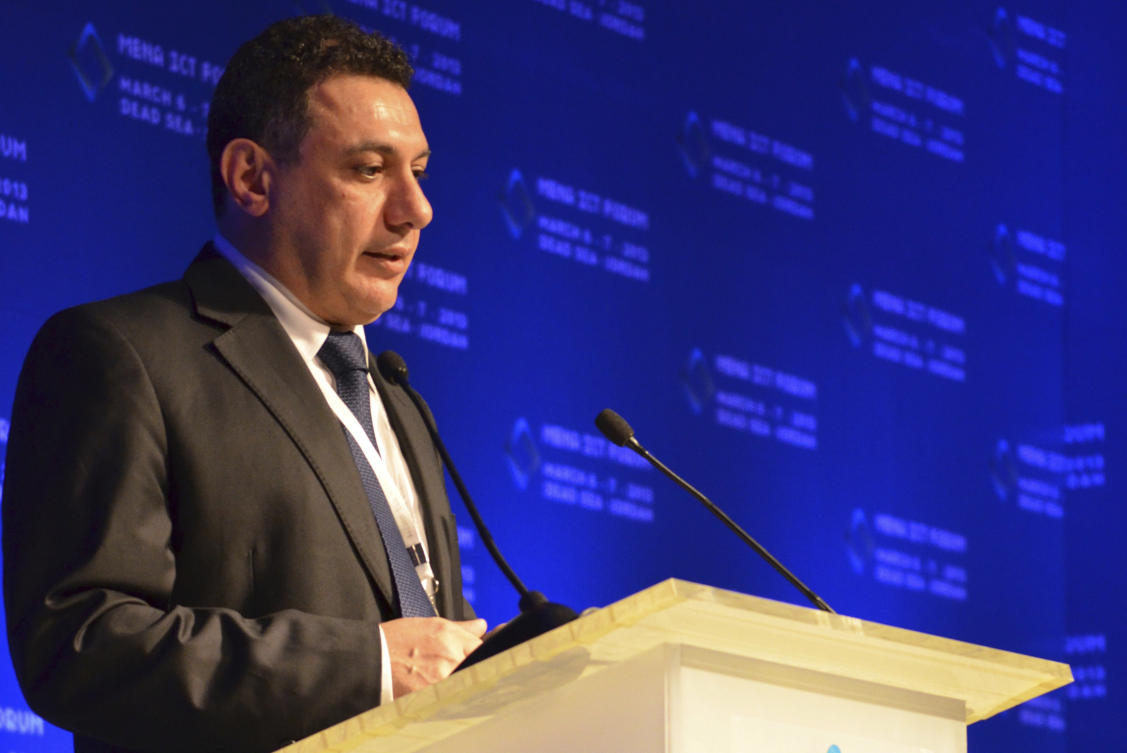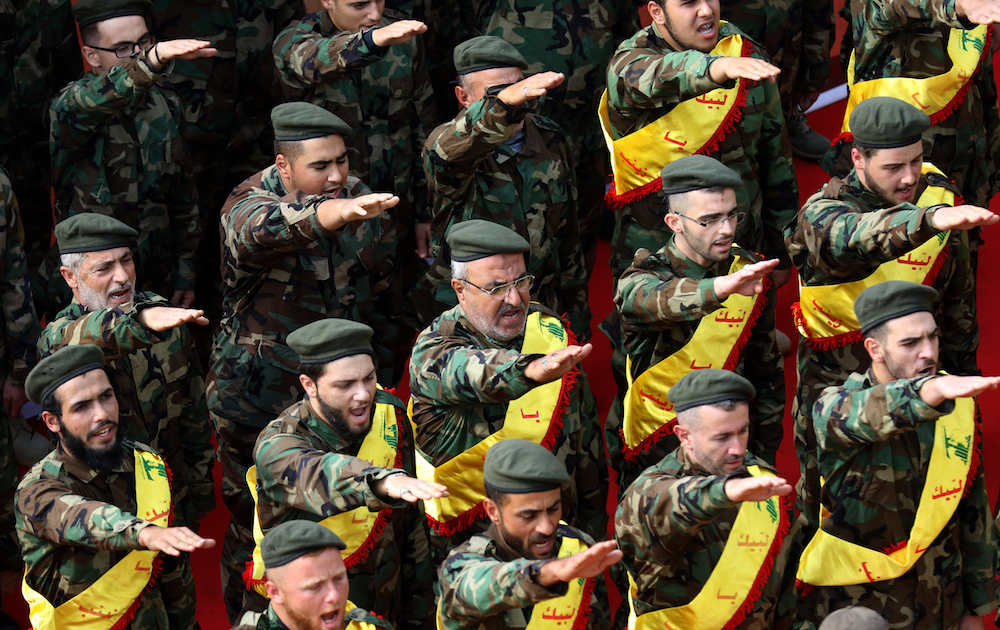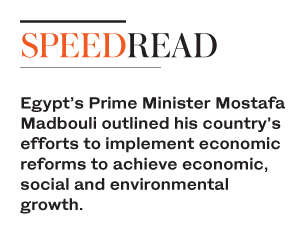TAJOURA, Libya: It’s a day of rest from fighting on the front line in Libya and Abdelaziz and his comrades down their weapons only to pick up their phones and resume combat.
“(Khalifa) Haftar’s guys are coming to get us,” shouts Abdelaziz, referring to the military commander who launched a bid to capture Tripoli last month.
The eyes of the young men are fixed on mobile phones as they shoot it out in PlayerUnknown’s Battlegrounds, or PUBG, a brutal “battle royale” game in which the winner is the last survivor.
The online multiplayer video game is among the world’s most popular with more than 360 million downloads.
The Iraqi Parliament voted last month to ban the game for “inciting violence” and it has also been outlawed in Nepal and the Indian state of Gujarat.
In Libya, PUBG is all the rage, especially on the front line in the suburbs of Tripoli and around the city where forces loyal to the internationally recognized Government of National Accord have been fighting Haftar’s Libyan National Army for the past month.
“We play it when we come back from the front, and sometimes even on the front,” the burly Abdelaziz says in his raspy voice.
The 25-year-old and his fellow fighters from a “katiba” or battalion in Misrata are battling alongside other pro-GNA forces in Ain Zara, a district in Tripoli’s southern suburbs.
That afternoon, they rested at their camp in Tajoura, a coastal town in the eastern part of the capital.
Under a large awning, Abdelaziz and his comrades — mostly in their 20s — put their Kalashnikov assault rifles patched up with tape and their rocket-propelled grenade launchers on a table.
They reach for their phones, go online and fire up the game with their carefully selected outfits and avatars, some more colorful than others.
They jump out of planes along with 100 other players and are parachuted onto an island where they collect weapons and eliminate each other until the last one is standing.
“I discovered the game a year ago thanks to these guys. I tried it out of curiosity and fell in love,” says Abdelaziz.
“At night, we play. You don’t sleep,” another player says with a laugh.
Mohamed Shaafi, a 19-year-old in a camouflage cap, chips in.
“Whether it’s morning, afternoon or night, we have to play,” he says.
“It excites us and we can even learn tricks (for the real battlefield): where to look, how to crawl, how to train.
“It motivates us when we play it before going to the front line,” he says, looking from under the visor of his cap raised like a cyclist’s.
Around the table, the first crackles of gunshots are heard from their phones.
Without ever taking their eyes off their screens, the four young men talk to each other as though in battle.
“There’s someone under the tree: Watch out!,” “Get down!,” “You’re far away!,” “You don’t have a gun? I’m here, don’t worry.”
For Abdelaziz, his virtual opponents are the same as “Haftar’s guys” who he fights in the potholed streets of Ain Zara.
“The front is PUBG in real life. That’s why we love this game,” Akram says with a smile, his combat helmet still on his head, as he watches the gameplay.
Abdelaziz says “there’s a big difference between real life and gaming.”
“In gaming, when you die, you can come back. In real life, it’s over.”
Mohamed, on the other hand, almost prefers the reality of the front.
“In the game, when you get hurt and call for help, no one comes, but on the battlefields, someone comes to help you,” says the young man with a bandage on his leg.
After 10 minutes of play, one of the players finally lifts his head from his screen.
He appears upset as he drops his phone on the table, before saying: “I’m out of battery.”



 “We need to create jobs that are suitable for the education and expertise of the youth,” he said. “Unemployment rates are dramatically rising among the educated youth, and we can’t remain indifferent toward this phenomenon.”
“We need to create jobs that are suitable for the education and expertise of the youth,” he said. “Unemployment rates are dramatically rising among the educated youth, and we can’t remain indifferent toward this phenomenon.”
